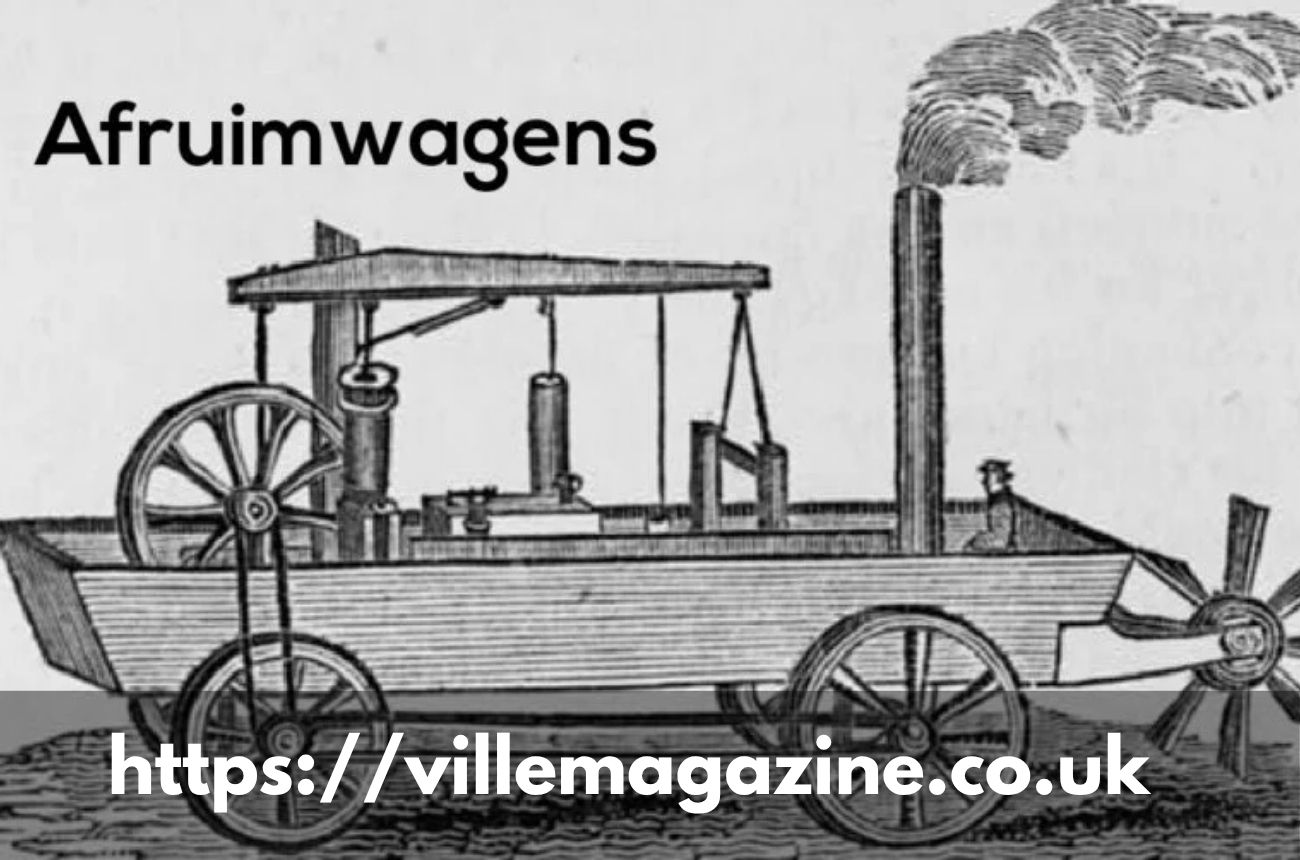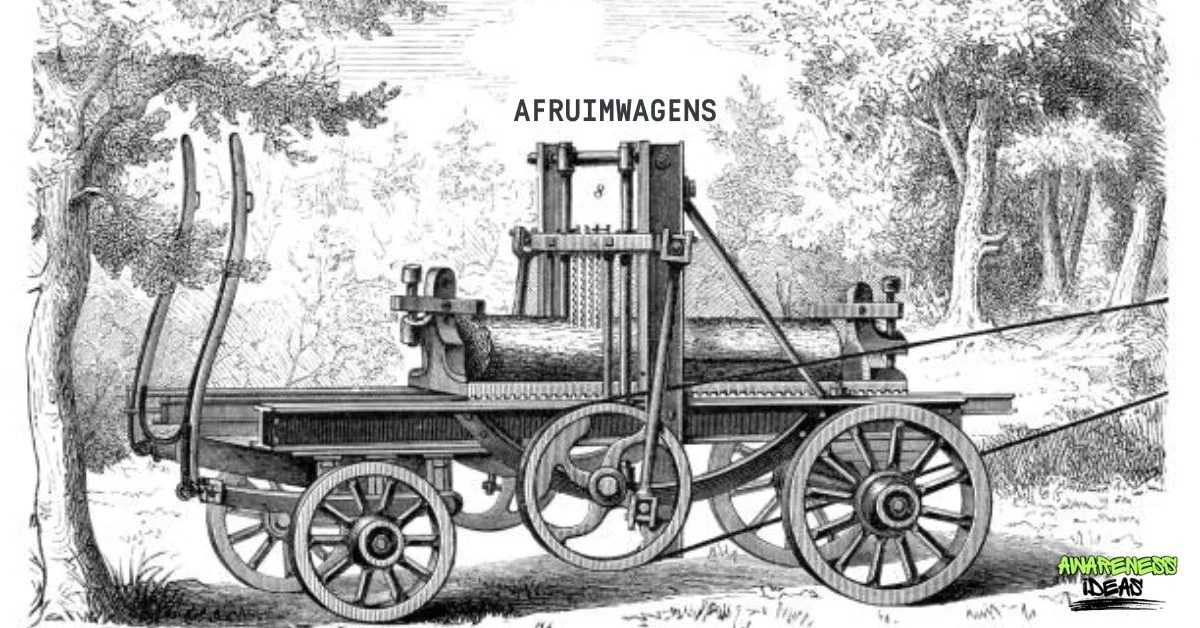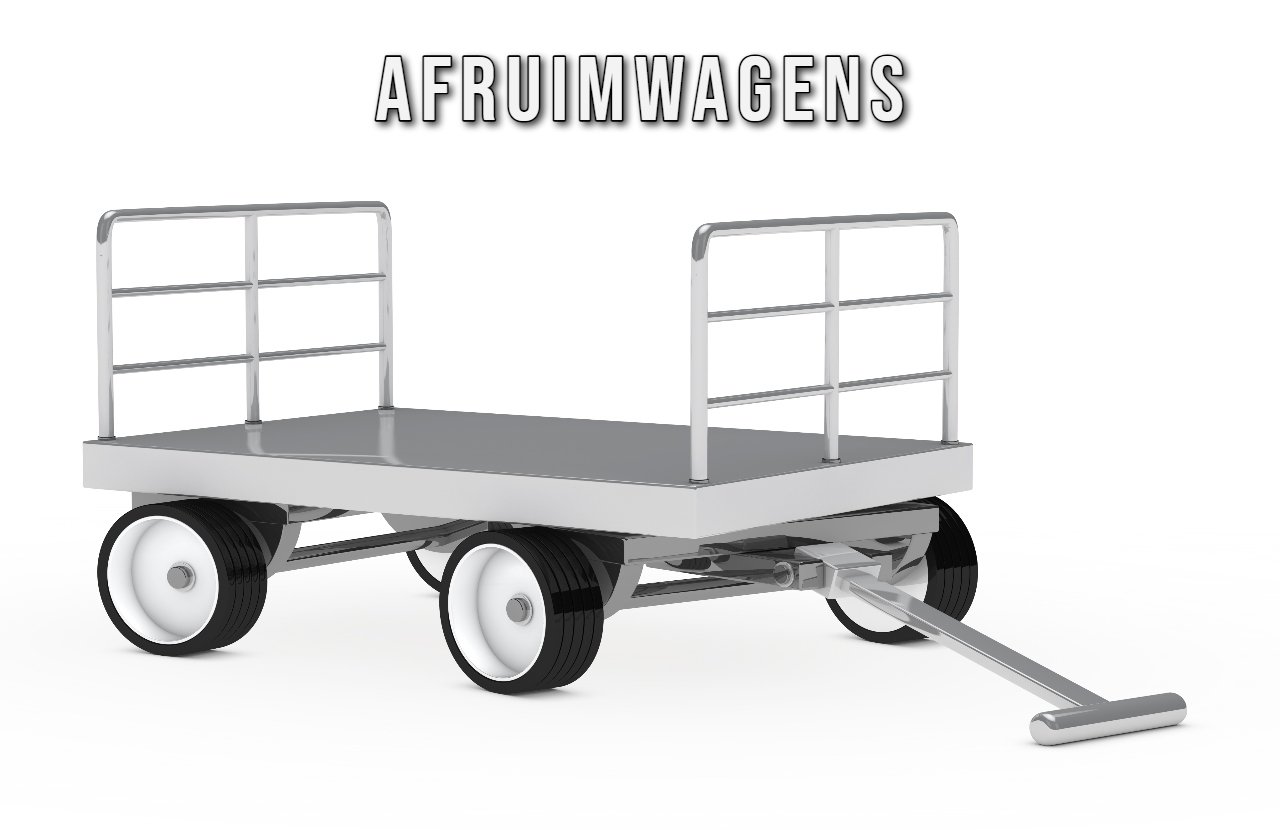Blog
Afruimwagens Explained: Everyday Uses and Modern Applications

In modern industries, where efficiency and organization are the keys to smooth operations, Afruimwagens—a Dutch term for clearing carts or collection trolleys—have become indispensable. Whether in restaurants, hospitals, factories, or logistics centers, these simple yet highly practical tools make workspaces cleaner, safer, and more efficient. This article takes a deep dive into the modern uses, innovations, and benefits of Afruimwagens, exploring how they have evolved from simple transport aids into essential instruments of workflow optimization.
What Are Afruimwagens?
At their core, Afruimwagens are mobile carts or trolleys designed to collect, transport, or organize items efficiently. The name comes from Dutch, where “afruimen” means “to clear” and “wagens” means “carts.” Originally used in the hospitality and food service sectors, these carts were designed to clear tables and transport dishes. Over time, however, their use has expanded across industrial, healthcare, and domestic environments, where mobility and organization are vital.
The Historical Evolution of Afruimwagens
Historically, Afruimwagens emerged in the European hospitality industry during the mid-20th century. Initially crafted from wood and steel, they were heavy but durable. As technology evolved, materials like aluminum, stainless steel, and reinforced polymers replaced the older versions, making them lighter and easier to maneuver. The modern Afruimwagen reflects decades of design improvements aimed at ergonomics, hygiene, and sustainability.
Design Features That Define Modern Afruimwagens

The design of contemporary Afruimwagens focuses on mobility, capacity, and durability. They often feature multi-tiered shelves, lockable wheels, and removable bins for versatile use. Ergonomic handles and noise-reduction wheels make them ideal for environments like hospitals and hotels, where quiet operation is essential. Many modern models even incorporate smart sensors that track weight loads or send alerts when full—bridging the gap between traditional carts and smart logistics systems.
Material Innovation and Durability
A major development in the Afruimwagen industry has been the introduction of sustainable materials. Manufacturers now use recycled aluminum, stainless steel, and bio-plastics to make them environmentally friendly without compromising strength. These materials also resist corrosion, heat, and chemicals, making Afruimwagens suitable for both indoor and outdoor use. Innovations like anti-bacterial coatings and easy-clean surfaces further ensure compliance with strict hygiene standards in medical and food-handling sectors.
Everyday Uses in the Hospitality Industry
In hotels and restaurants, Afruimwagens play an indispensable role in maintaining order and efficiency. They allow staff to clear multiple tables quickly, transport dishes safely, and separate clean and used items without confusion. In large establishments, Afruimwagens reduce the physical strain on workers and improve workflow, leading to faster service and cleaner dining areas. Many hotels also use specialized Afruimwagens for room service, laundry handling, and banquet setups, highlighting their multifunctional design.
Industrial and Manufacturing Applications
Beyond hospitality, Afruimwagens are now integral to the industrial and manufacturing sectors. They are used for transporting tools, raw materials, and finished goods between workstations. In assembly lines, workers rely on Afruimwagens to organize equipment efficiently, thereby minimizing downtime. The carts’ modular designs allow them to be adapted for specific production environments, with add-ons like bins, hooks, and safety barriers to handle various loads securely.
Healthcare and Laboratory Uses
The healthcare industry has embraced Afruimwagens for their hygiene-friendly and mobile functionality. Hospitals use them for collecting medical waste, transporting sterile instruments, or delivering meals to patients. Laboratories rely on them to carry sensitive samples and research tools between rooms. The addition of antimicrobial surfaces and sealed compartments ensures contamination control—a crucial aspect in medical environments. Their easy disinfection capability makes Afruimwagens an ideal choice where cleanliness is paramount.
Modern Innovations and Smart Features

In the digital age, even Afruimwagens have gone “smart.” Some high-end models now come equipped with RFID tracking systems, weight sensors, and IoT connectivity, allowing managers to monitor usage and maintenance in real time. These features help companies manage inventory and logistics more effectively. For instance, in hospitals or warehouses, smart Afruimwagens can automatically record the movement of materials or supplies, optimizing workflow and minimizing losses.
Ergonomic and Safety Considerations
Designers have increasingly prioritized ergonomic handling to reduce injuries caused by repetitive movements. Modern Afruimwagens come with adjustable handles, smooth-rolling casters, and balanced weight distribution to ensure minimal effort when pushing or pulling. Safety features like brake systems, edge guards, and non-slip surfaces help prevent accidents. Such innovations highlight how Afruimwagens contribute not just to productivity, but also to employee well-being.
Sustainability and Environmental Impact
The sustainability trend has reached every corner of industrial design, including Afruimwagens. Manufacturers are investing in eco-friendly production methods, reducing waste, and using recyclable materials. Many companies now offer repairable and modular carts, allowing users to replace individual parts instead of discarding the whole unit. This approach aligns with the circular economy model, reducing carbon footprints and extending product lifespans.
Selecting the Right Afruimwagen
Choosing the ideal Afruimwagen depends on the environment in which it will be used. For example, stainless steel carts are perfect for kitchens and hospitals due to their hygiene and heat resistance, while plastic models suit schools or offices for light transport. Buyers should consider wheel quality, shelf design, weight capacity, and ease of cleaning. Many modern brands now offer customizable options, letting clients tailor their carts for specific uses—from color-coded bins to ergonomic designs.
Future Trends and Innovations
Looking ahead, the future of Afruimwagens lies in automation and smart mobility. Manufacturers are experimenting with robotic versions that can self-navigate through corridors and return to charging docks automatically. Integration with AI-driven logistics systems could soon make Afruimwagens a vital component of autonomous warehouse ecosystems. The next decade may see them equipped with voice-command features, AI-assisted routes, and real-time maintenance alerts, making them smarter than ever before.
Conclusion
In a world that values efficiency, cleanliness, and sustainability, Afruimwagens have proven their worth far beyond their humble origins. From restaurants to research labs, they symbolize innovation through simplicity—enhancing workflow, safety, and sustainability. As industries evolve, Afruimwagens continue to adapt, incorporating smart features that align with modern technological trends. Whether for commercial, industrial, or domestic use, these versatile carts remain a timeless tool in the pursuit of efficiency.
Frequently Asked Questions (FAQs)
1. What materials are most commonly used in modern Afruimwagens?
Most Afruimwagens are constructed using stainless steel, aluminum, and high-quality polymers. These materials offer strength, corrosion resistance, and lightweight mobility. Many also feature antibacterial coatings and heat-resistant finishes, making them suitable for both industrial and healthcare environments.
2. How do Afruimwagens improve efficiency in workplaces?
Afruimwagens significantly reduce the time and effort required to transport or organize items. By allowing multiple items to be moved at once, they cut down on repetitive trips and minimize worker fatigue. In industries such as hospitality or healthcare, this translates into faster service, improved hygiene, and better productivity overall.
3. Are there smart or automated versions of Afruimwagens available today?
Yes, the latest innovations in Afruimwagens include smart tracking systems, RFID tags, and IoT integration. Some high-end models can monitor loads, track routes, or even communicate with central inventory systems. These technological advancements are transforming Afruimwagens from manual tools into data-driven logistics assets.
4. How do Afruimwagens contribute to sustainability?
Modern Afruimwagens promote sustainability through recyclable materials, modular designs, and energy-efficient production. Instead of discarding entire carts, users can replace damaged components. Manufacturers are also adopting eco-friendly materials and processes, ensuring that Afruimwagens contribute positively to waste reduction and long-term resource conservation.
5. What are the key factors to consider when buying an Afruimwagen?
When selecting an Afruimwagen, focus on durability, mobility, load capacity, and hygiene features. If used in hospitals or kitchens, ensure it has smooth, cleanable surfaces and antibacterial protection. For industrial purposes, consider load-bearing strength and wheel design. Choosing the right model based on your environment will maximize efficiency and longevity.
-

 Celebrity8 months ago
Celebrity8 months agoNick Schmit? The Man Behind Jonathan Capehart Success
-

 Celebrity9 months ago
Celebrity9 months agoChristina Erika Carandini Lee: A Life of Grace, Heritage, and Privacy
-

 Celebrity9 months ago
Celebrity9 months agoTrey Kulley Majors: The Untold Story of Lee Majors’ Son
-

 Celebrity9 months ago
Celebrity9 months agoJamie White-Welling: Bio, Career, and Hollywood Connection Life with Tom Welling
















